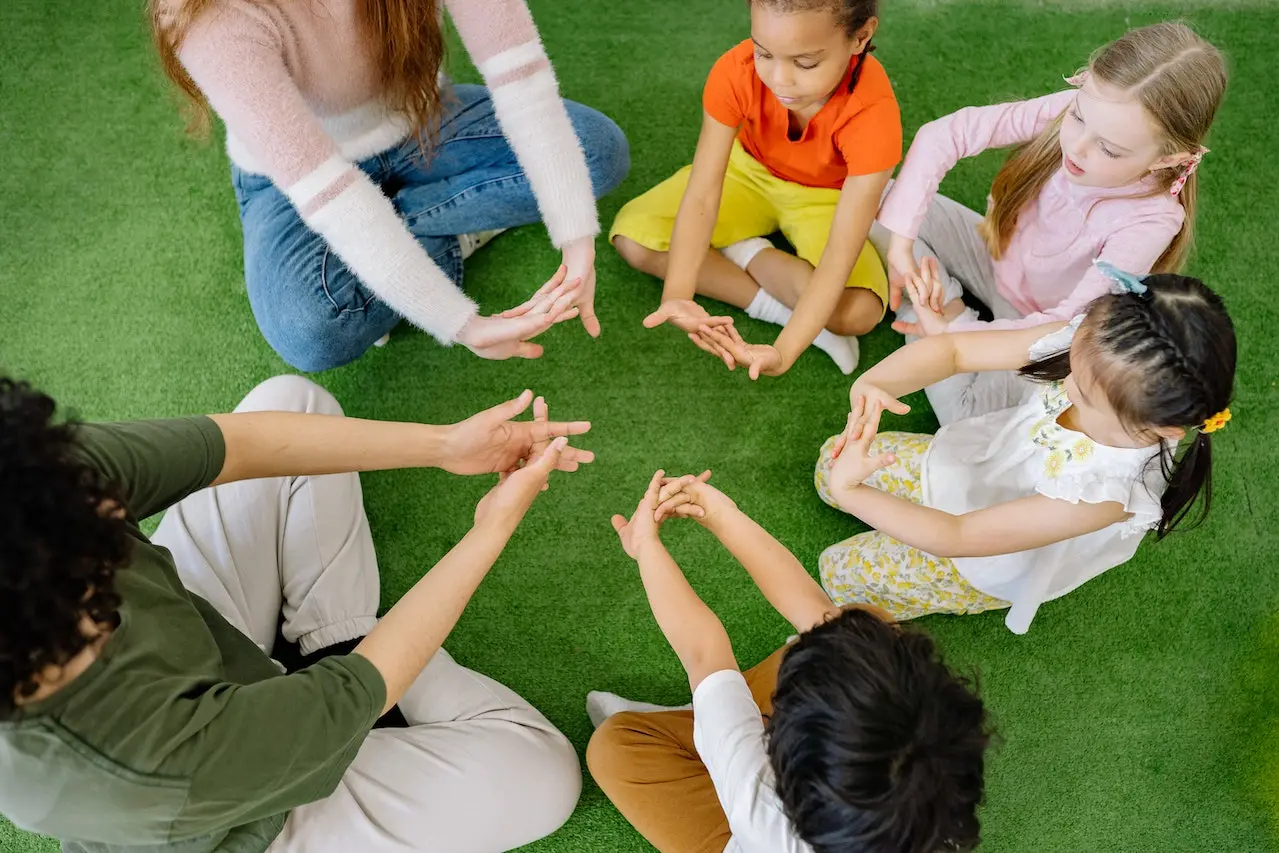
Play is considered children’s “work”. It is the means by which children developed knowledge and skills, empowering them to interact both alone and with others.
Play is the highest form of research, and we already know that playing involves learning, but let’s take a closer look at why play-based learning is so crucial (and enjoyable).
Children do not decide to play because they are thinking, “Now I’m going to learn something from this activity.” However, the possibilities for learning they provide through play are significant in every aspect of development.
Children may find adventure and creativity in whatever they touch or see given the chance. Toy cars can race over lengthy corridor highways, dolls can come to life, and a cardboard box can transform into a palace.
Learning happens while the imagination is at play
When children play, they must generate all of their own ideas. Although first difficult, they can have a lot of fun with this. The key to all future learning is developing one’s capacity for independent thought.
Children are given the chance to come up with solutions to problems without anybody else to assist them.
Play-based learning also makes children feel like they are in charge, without judgement or comparison.
While Children play, they practice skills, try out possibilities, and discover new challenges which leads to deeper learning.
You can see the numerous advantages of play-based learning for children’s enjoyment and development, and what parent doesn’t enjoy seeing their child’s big grin?
Unicef lego foundation says “Children learn critical skills and develop as they play”
Play based learning programs for early years gives the children hours of opportunities to learn, however, play-based learning is not just for young children.
In the primary grades, it helps kids better understand academic topics and develops their desire to learn.
Let’s look at the different styles of play-based learning
Child-initiated
• Freely chosen by the child
• Little direct adult involvement or interaction
• Spontaneous
Guided
• Initiated by the child or adult
• Adults may join in to extend learning through questioning and demonstrating
Adult-led
• Organised and directed by an adult and may include instructions but remains open ended
• Intentions are clear, specific and promote high level thinking skills
While all three styles may come into play at different times, the most important thing to remember is that the child feels like they are free to play in a way that comes naturally to them and to discover their own abilities and talents.
Let’s look at some play-based learning philosophies
- John Dewey
John Dewey is often seen as the proponent of learning by doing – rather than learning by passively receiving. He believed that each child was active, inquisitive and wanted to explore. He believed that children need to interact with other people, and work both alone and cooperatively with their peers and adults.
While his philosophy was not named play-based learning as such, his theory was that children learn best by doing, which could be seen as “playing” - Montessori
Montessori uses play-based learning methods and learning toys, called manipulatives, which are used by students independently. Essentially, teachers act like guides and watch their students gain confidence when they accomplish tasks on their own. - Waldorf / Steiner
Waldorf preschools are designed to be similar to home settings. Waldorf students engage in using toys or manipulatives made from natural materials and avoid using technology in class. A Waldorf play-based preschool philosophy is different from other philosophies because it guides children to think for themselves rather than promoting a certain way of thinking in the classroom. Learning is play-based - Reggio Emilia
This play-based philosophy emphasis on the community and working together. Many Reggio Emilia classrooms have a theme that was developed by the students themselves, such as gardening or animals. Because students work together as a base of their education, they can gain the skills to become great citizens and benefit communities in the long run. - Jean Piaget
Piaget’s also was a believer in play-based learning with the main theory being that play should encourage further psychological development as children mature. Playing outside can incorporate all areas of learning and help kids to become more aware of their environment.
He believed that children of different ages made different mistakes because of the “quality rather than quantity” of their intelligence.
You can see the many benefits and theories that support the increasing popularity of play-based learning techniques.
Next time we will look at each philosophy closer.